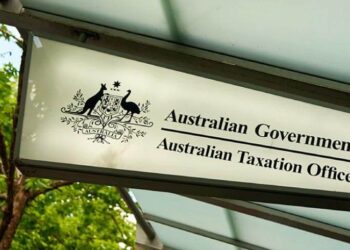In a recent article, Heffron head of SMSF technical and education services Lyn Formica reminded trustees that the need to value assets to market value at 30 June each year is a requirement of the SIS Act and Regulations.
“Failure to account for the fund’s assets at market value or provide the fund’s auditor with sufficient evidence to demonstrate the trustees have done so is a breach of the Act and Regulations,” warned Ms Formica.
While some clients may be reluctant to value assets to market every 30 June, regularly valuing assets in in the fund’s financial statements is critical for a range of compliance reasons, she cautioned.
“Regularly valuing assets to market in the fund’s financial statements and SMSF annual return also allows the ATO or the auditor to assess a fund’s compliance with various regulatory requirements including the 5 per cent in-house asset limit and the minimum payment requirements of pension funds,” she explained.
It also enables an auditor or the ATO to be able to assess a member’s and fund’s eligibility for various tax concessions based on their total super balance.
It also maintains the integrity of the transfer balance cap system by ensuring a member’s balance is not understated when they begin receiving retirement phase pensions, she added.
“When an auditor is not satisfied with the evidence provided by the trustee and the amounts involved are material, they are required to lodge an Auditor Contravention Report with the ATO. The ATO may then decide to review the fund with the potential for penalties on the trustee,” Ms Formica warned.
Outside of simply complying with the above requirements, there are a number of other risks associated with not valuing a fund’s assets at market value as the role of an SMSF comes with many responsibilities, she noted.
“One of these trustee responsibilities is to act in the best financial interests of the members. Trustees who aren’t acting in the best financial interests of members leave themselves open to being sued by any members/beneficiaries who suffer a loss,” she stated.
Ms Formica said one way a trustee can make sure they are managing the fund’s investments in the best financial interests of the members is to review the value of those investments every year.
Where members are receiving pensions, for example, and the value of the fund’s assets is understated, the trustee may fail to pay the required minimum pension with the usual tax consequences, she explained.
“If members are planning to utilise their carry forward concessional contributions cap amounts or make non-concessional contributions if the value of the fund’s assets is understated, the member may incorrectly think their caps are higher than they actually are,” she noted.
“Members who are planning on using the work test exempt contribution rules and the value of the fund’s assets is understated, the member may incorrectly think they are eligible to make contributions or claim tax deductions they aren’t.”
If the fund has in-house assets and if the value of the fund’s assets is not being regularly reviewed, Ms Formica said this means the trustee can’t assess its compliance with the 5 per cent limit and may be forced to sell down assets unnecessarily.
Ms Formica said some trustees may question how the ATO would know a trustee had not been regularly reviewing their asset values.
“Large spikes in the asset values reported in the SMSF Annual Return after years of static values are very easy to identify and we’ve seen SMSFs selected for review by the ATO for that very reason,” she warned.
For assets which have no known value, such as shares in private companies where the the trustee has no control over the company, Ms Formica said this is an important consideration that the SMSF trustees need to take into account when making investment decisions.
“An SMSF is not always the right structure for these sorts of investments,” she said.


